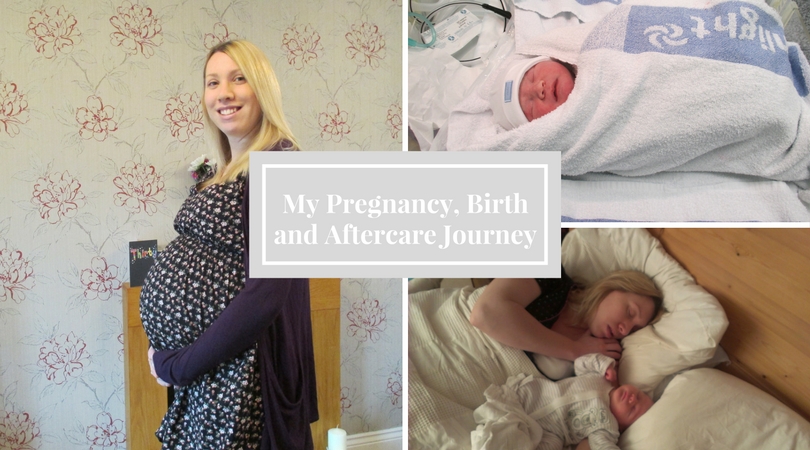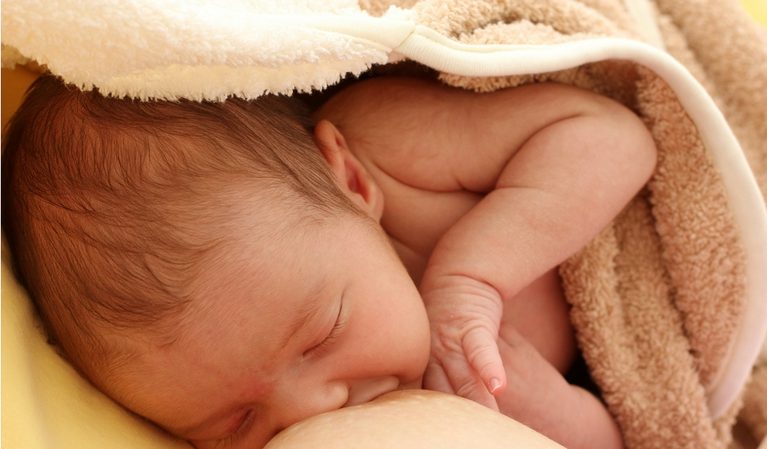
What Are the Effects of Divorce on Children?

*Collaborative Post
Although divorces are often inevitable, the effects are not limited to you and your former spouse. Children involved in divorces can experience profound and often negative effects of divorce with their lives changing significantly as a result. So, as well as considering your parental rights, living arrangements and other practicalities, you should also bear in mind the potential effects on any children involved.
How are children affected by divorce?
A child will experience a range of emotions during divorce, including loss, grief, anger and anxiety. Oftentimes, as a result of divorce, children will be facing a new life with new routines and living arrangements. This huge change to their reality can make them feel alone and confused.
The effects of divorce on children at different ages
Age and maturity levels are contributing factors in how a child will specifically respond to divorcing parents:
- Very young children – although toddlers and babies will not understand the details of arguments they may witness, they will pick up on any tension and respond negatively to a change in their routines. This can result in them becoming clingy and more irritable than usual. In some cases, developmental delays can occur so try to keep their routine such as meal times and sleep patterns consistent, and if you need to, quickly create a new solid daily structure for them to feel secure and safe.
- Pre-schoolers are young children aged up to six years old. Parents are the centre of their life at this age and they are often more aware of what is happening at home. Sometimes, they may feel they are to blame for the separation. This can result in them becoming more emotional than usual and they may even regress to behaviours such as wetting the bed and sucking their thumb to help them feel comforted. It is important to reassure children of this age and spend time quality time with them as much as you can.
- School aged children are at a time in their lives when they are growing up and understand more about the world around them. Although they may not have the language to communicate their feelings, they will be aware of what is happening. This can manifest in disruptive behaviour at school, becoming withdrawn and in some cases sudden anger outbursts and feelings of frustration.
- Teenagers also respond differently, often with feelings of stress and anxiety. They are more inclined to rebel against their parents and express their own views on the situation which can be challenging. Their school work and exams can sometimes suffer and they may lack the ability to concentrate as they are preoccupied with what is happening at home. On occasion, this can lead to getting involved with drugs and alcohol and in extreme cases, committing crimes.
What to do to minimise the effects
Although these negative effects can occur, the below steps can help to prevent and minimise them for your child.
- Keep all conflicts away from your children
- Maintain their routines as much as possible, or quickly create new consistent ones
- Don’t blame the other spouse directly, or in front of your child
- Stay present and connected to your child and what is going on in their lives
- Don’t make children feel as if they have to choose between you and your former spouse.
Finally
It’s also worth remembering that some effects can be more long-term and not just experienced during the divorce period. To reduce any negative effects and prevent a lasting impact, consider reaching out to a qualified counsellor who your child can talk to about how their feelings and emotions.
If you enjoyed this post you can follow more of our life, opinions and antics over on Facebook, Twitter, YouTube and Instagram. Plus feel free to come and join in with my parenting group ‘From One Parent to Another’ on Facebook.
If you’d like to contact me you can either leave me a comment or drop me a line via my contact me page.
For other topics similar to this one check out these suggestions below…




